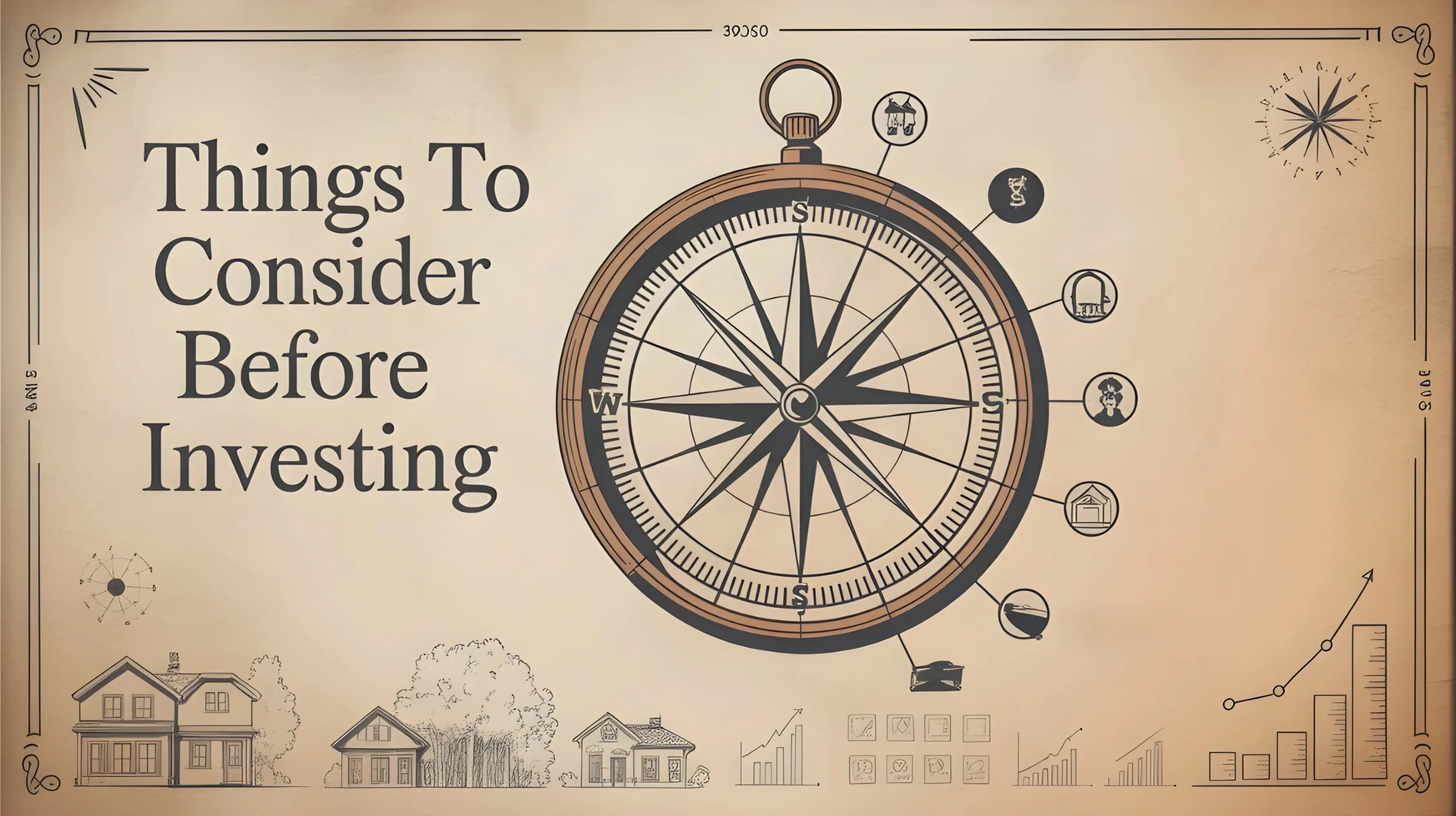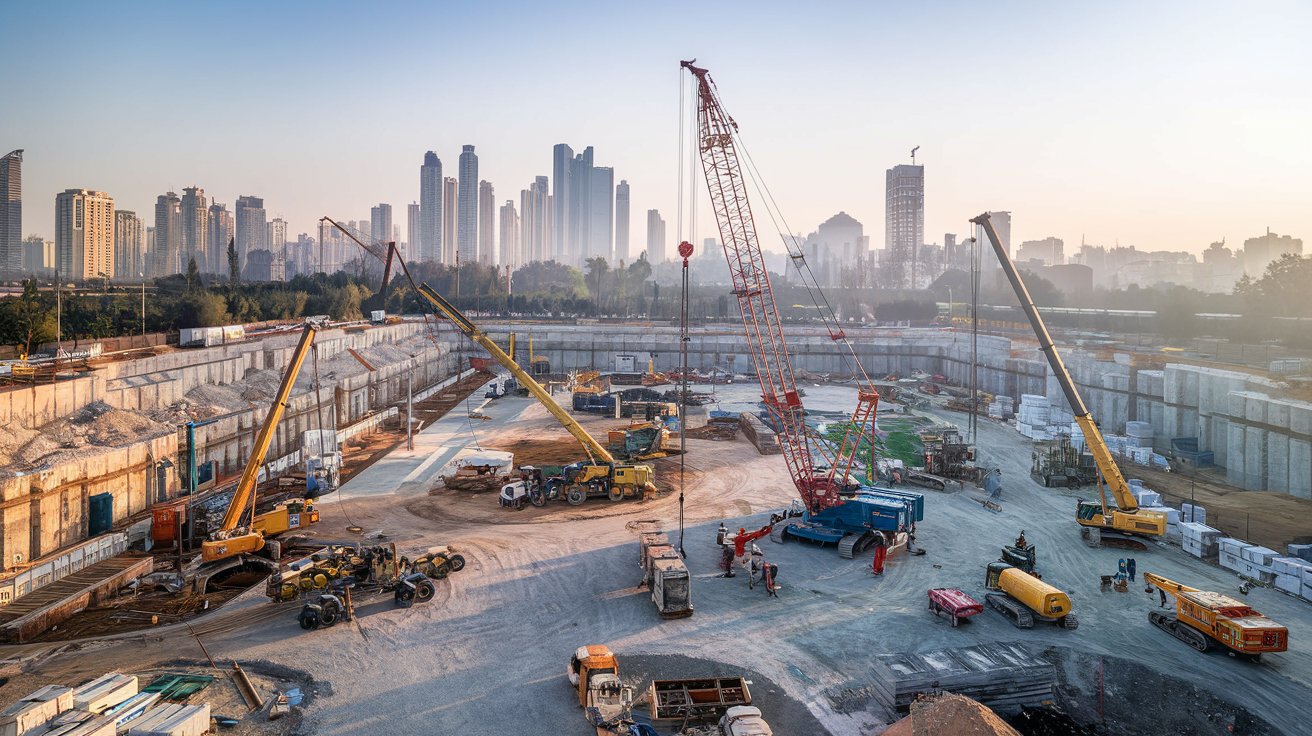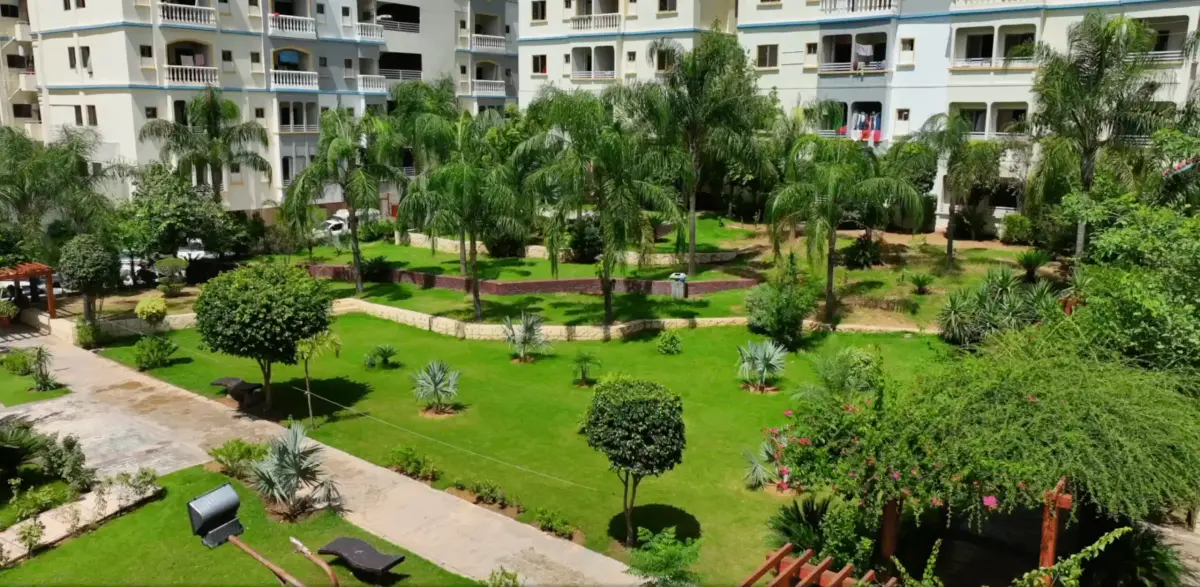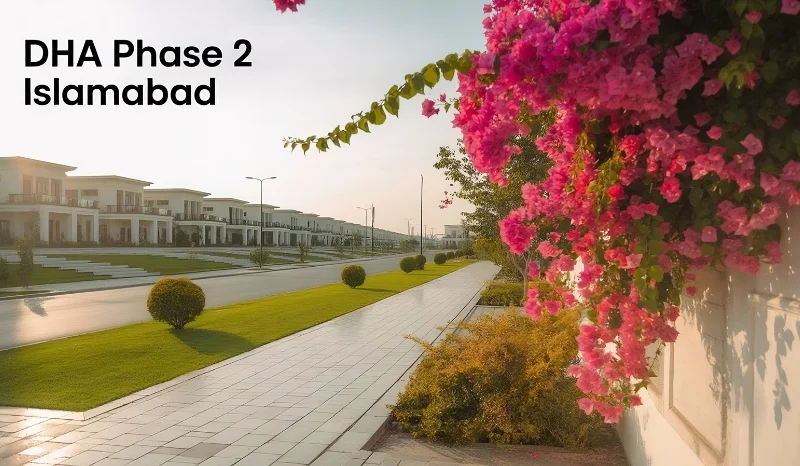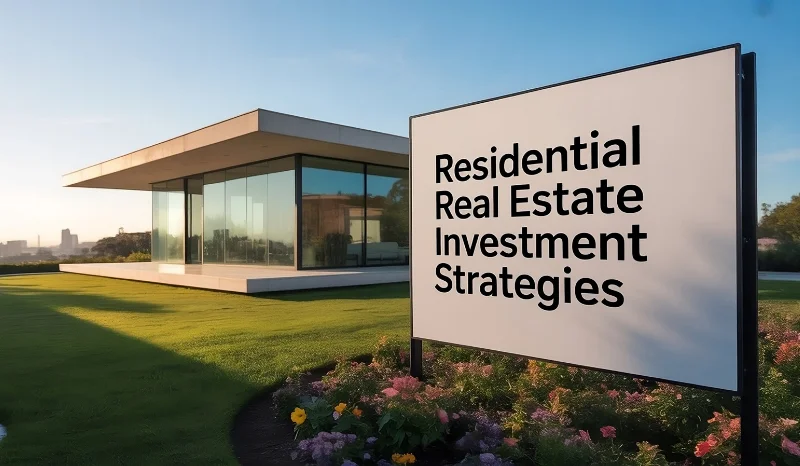Real estate investment in Pakistan offers more than just a pathway to wealth; it provides the promise of long-term security, passive income, and even generational prosperity. If you’re buying property in Pakistan, understanding these critical considerations will help you make informed decisions and secure lasting value. However, it’s not a game of luck. Every profitable venture starts with a sound plan, a clear vision, and a deep understanding of market behavior. Whether you’re targeting a high-traffic commercial unit or a peaceful residential retreat, you need to know the key factors that make a difference. This comprehensive guide outlines the most important aspects to consider before making your next move in Pakistan’s thriving real estate market.
Define Your Investment Objectives When Buying Property in Pakistan
Your reason for investing is the cornerstone of your strategy. Are you in it for:
- Rental Income: Aiming for monthly passive income? Choose properties in high-demand rental zones.
- Capital Appreciation: Buying low to sell high after years of growth? Look at emerging neighborhoods.
- Property Flipping: Want quick profits through resale? Prioritize undervalued or renovation-ready units.
Clarity on outcomes, risk tolerance, and investment timelines will help you choose properties aligned with your goals.
Weigh the Power of Location for Buying Property in Pakistan
Location is the heartbeat of any successful investment in real estate. Areas with easy access to major roads, amenities, and upcoming infrastructure are commanding the highest returns. Consider:
- Proximity to Transit Hubs: Metro stations, highways, airports
- Nearby Essentials: Schools, hospitals, commercial zones
- Urban Development: Upcoming malls, parks, and IT hubs
High-potential zones aren’t just good for value appreciation; they also see lower vacancy rates.
Analyze Market Dynamics & Trends
Stay ahead of Pakistan’s real estate trends to optimize your investment timing:
- Interest Rate Fluctuations: Affect mortgage affordability and buyer sentiment
- Macroeconomic Factors: GDP, inflation, employment rates
- Government Policies: Tax reliefs, amnesty schemes, and NOC regulations
- Demand-Supply Gaps: Seasonal spikes in buyer or tenant demand
Anticipating these can lead to smarter entry and exit decisions.
Choose Between Residential vs Commercial
Each asset class comes with trade-offs. Choose based on your budget, expertise, and time commitment.
| Asset Type | Pros | Cons |
|---|---|---|
| Residential | Stable rental income, easier resale | Modest yields, tenant churn |
| Commercial | High ROI potential, long leases | High entry cost, regulatory hurdles |
If you’re new to real estate, residential may be easier to manage. Seasoned investors often favor commercial for its profitability.
Vet the Developer’s Reputation
Developer credibility often determines project success. Look for:
- Track Record: On-time delivery, quality of construction
- Client Testimonials: Online reviews and resale history
- Approvals: Certifications from CDA, LDA, DHA, etc.
Giga Group, for instance, has earned investor trust through projects like Goldcrest Views and Goldcrest Commercial, known for transparency and timely handovers.
Plan Your Finances Thoroughly When Buying Property in Pakistan
Real estate requires more than just a down payment. Include:
- Hidden Costs: Property tax, utility connections, renovation
- Loan Comparisons: Evaluate bank interest rates and terms
- EMI Planning: Ensure monthly cash flow won’t be strained
Budgeting conservatively reduces the risk of overleveraging and keeps your ROI projections realistic.
Conduct Legal Due Diligence
Many investment horror stories begin with missing paperwork. Avoid them by:
- Title Verification: Ensure the seller has ownership rights
- Zone Classification: Residential, commercial, or mixed-use
- Government Approvals: Map approvals, construction licenses from relevant authorities like CDA (Capital Development Authority)
- RERA Compliance: Verify projects are registered with the Real Estate Regulatory Authority, which enforces standards and protects buyers
Proper documentation ensures unencumbered ownership and resale readiness.
Estimate ROI & Yield Potential
Use data to estimate your investment’s profitability:
Rental Yield (%) = (Annual Rent ÷ Property Price) × 100
According to Global Property Guide, average yields in 2025:
- Islamabad: 6.75%
- Lahore: 5.92%
- Karachi: 6.21%
Deduct management and maintenance (about 2%) to get the net yield.
Diversify Your Portfolio
Avoid putting all your eggs in one sector or location:
- Asset Types: Combine apartments, plots, shops, and offices
- Location Variety: Explore Islamabad, Lahore, Karachi, or even Tier-2 cities
- Timeline Flexibility: Mix long-term rentals with short-term Airbnb setups
Example: Combine Goldcrest Views (residential) and Goldcrest Commercial for a diversified Islamabad-based strategy.
Assess Cash Flow & Profitability
Your monthly returns should exceed expenses:
Net Cash Flow = Rent – (Mortgage + Maintenance + Taxes)
Monitor:
- Vacancy Rates: Higher rates reduce income stability
- Operational Expenses: Repairs, society dues, management fees
Sustainable cash flow ensures your investment stays profitable even during market dips.
Conclusion & Next Steps
Real estate investment in Pakistan is packed with opportunity, but requires diligence, especially when buying property in Pakistan. Understanding goals, vetting developers, studying trends, and running numbers protect you from costly mistakes. With projects like those by Giga Group offering diversified, high-return options, now is the time to act.
Contact Giga Group today for expert consultation and personalized investment solutions tailored to your financial goals.
FAQs
What is the best area to invest in Pakistan?
Look for regions with growth potential like DHA, Bahria Town, and Downtown Giga.
How much ROI can I expect?
Average gross yields range from 5.9% to 7%, with premium areas like Islamabad offering even more.
Should I invest in commercial or residential?
Residential suits first-time investors; commercial offers higher yields but requires deeper market understanding.
What legal documents are necessary?
Sales deed, NOC, approved maps, and tax receipts.
Can I invest from overseas?
Yes. Pakistani expats can invest through legal representatives or online booking platforms offered by top developers.

